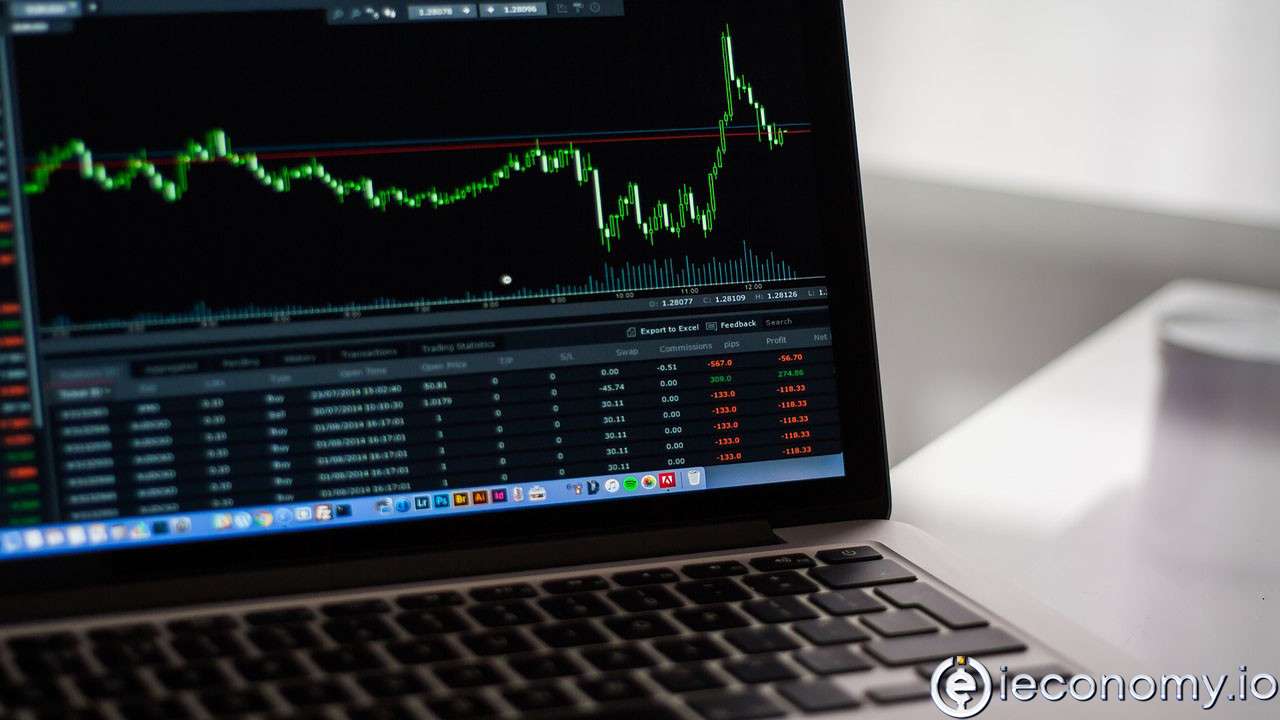11823
0
Sweden, Indonesia and India kept interest rates unchanged
Central Banks of Sweden, Indonesia and India kept the policy interest rates unchanged. Riksbank continued its dove monetary policy at...

Yazar: James Gordon
Yayınlanma: 11 Şubat 2022 04:33
Güncellenme: 21 Şubat 2026 16:48
Riksbank continued its dove monetary policy at today's meeting. The bank signaled that the rate hike could start in the second half of 2024.
In its statement today, the bank said, “Although the risk of very low inflation has decreased, it is still on the table. However, uncertainties regarding the inflation outlook have increased.”
With the decision taken today, Riskbank has separated from the Central Bank of many developed countries. While the President of the European Central Bank, Christine Lagarde, did not rule out the possibility of a rate hike this year last week, the Bank of England continued to increase interest rates.
Noting that there are significant differences between countries, Riksbank said, “The increase in electricity and fuel prices in Sweden caused an increase in inflation. Inflation, excluding energy, is close to 2 percent.”
The expectation that the bank will increase the repo rate to close to 0.5 percent by the end of the year is priced in the money markets.
After the decision, the currency, the krone, fell 0.5 percent against the euro.
The Indonesian Central Bank did not change interest rates to support the economy before the Fed decision
Indonesia kept the seven-day reverse repo rate at 3.5 percent to support the economy before the Fed's monetary tightening. The median forecast of economists participating in the Bloomberg survey was that the interest rate would not change. President Peri Warjiyo stated that the decision was in line with the target of ensuring stability in inflation and exchange rate, and that it would also support economic growth in an environment where external pressures occur. While keeping its 2022 growth forecast in the range of 4.7-5.5 percent, the Bank announced its inflation target as 2-4 percent. The Central Bank had adopted a more hawkish stance since its January meeting due to currency volatility. While the Central Bank of Thailand did not change the interest rate yesterday, Malaysian and Philippine Central Banks also gave the message that they would not be in a hurry to increase interest rates. Indonesia's currency, the rupee, has fallen 0.6 percent since the start of the year, while inflation remains moderate.While the Reserve Bank of India did not make any changes in the repo rate, which it used as the policy rate, it increased the upper limit of the Voluntary Conservation Program to 2.5 million rupees
On Wednesday, the Reserve Bank of India (RBI) decided to keep the policy rate constant at 4 percent for the tenth meeting in a row. RBI updated the policy rate and lowered the interest rates at its last meeting on May 22, 2020. RBI did not change the repo rate, which it used as the policy rate, and did not change the reverse repo rate it borrowed from banks. Economists surveyed by Bloomberg had expected the reverse repo rate to be increased from 3.35 percent to 3.55 percent. Shaktikanta Das, Chairman of the Reserve Bank of India, stated that inflation has risen since the last meeting, but it is in line with expectations, and emphasized that they expect inflation to peak in the first quarter. Stating that they expect inflation to be at 4.5 percent in the next fiscal year, Das said that the limit of the Voluntary Conservation Program, which was created to attract foreign portfolio investments to the bond market, was increased to 2.5 trillion rupees. While the rupee fell against the dollar after the Central Bank's statements, bond markets found support from the preservation of the dovish monetary policy.İLGİLİ HABERLER





European stocks soared and focus shifted to German retail sales after Powell's speech!

Forex Signal For TRY/USD: Inflation Slowdown in November.

Forex Signal For GBP/USD: Bullish Trend Still Not Breaking While Recovery Continues.

Forex Signal For EUR/USD: Starry US Data Points to Higher Fed Increases.

Forex Signal For BTC/USD: Downside Continues as Bitcoin Recovery Moves Less.
En Popüler Haberler
Yorum Yap
Yorumlar
Henüz yorum yapan yok! İlk yorumu siz yapın...